Women in the United Patriarchy of America
The 8th of March, which marks the international women’s day, is commemorated globally; however, American women like other women around the world, have been fighting for their rights for decades.
Women in the US are subjected to abuse and violence every day, with 81 percent of women in the United States having reported some sort of sexual harassment in their life time.
Women normally do not get paid as much as men for performing the same job. Women are extremely valuable but, unfortunately, they are not appreciated, they are downright degraded and abused both in society and at home, often in the name of freedom.
What are the problems US women face in the work place and society? What has been done to address inequality and discrimination towards women? Are women safe? What are the issues of single mothers? And what issues do African American women in particular face in society?
Women in different social movements have been fighting for their rights in the United States for a very long time. Depending on the movement that spearheaded the fight for women's rights, the success might have played in the hands of the corporate elite of the American capitalist society.
This is one of the reasons that despite the long hard struggle of American women, many problems still persist, violence against women is rampant and most see no clear solutions.
What are women’s main problems in America?
A culture of abuse, we experience objectification, exploitation, starting from childhood, it continues even into the domestic realm. There's a very, very high incidence of domestic violence, particularly within lower working class communities in the United States.
And then like the places that we can turn to for so called justice, like the police, oftentimes have the same problem. Police have extremely high incidences of domestic violence within police agencies.
They also have patriarchal attitudes that make them disbelieve women who are victims. So basically, there is a culture of impunity, while domestic violence and sexual abuse are happening.
Onyesonwu Chatoyer, Editor, Hood Communist, New Mexico
According to the RAINN institute statistics every 68 seconds an American is sexually assaulted. Also 1 in 5 or 20 percent of women in the US have been victims of complete or attempted rape.
These are only numbers; no number can show the true affects of this violence towards women, a third of which were below 18 years of age at the time of assault. American society is truly not a safe place for women and children who are more vulnerable.
Why is sexual assault so prevalent in the United States?
Yeah, I think that what you said is really right. And I think exploitation, interpersonal exploitation is kind of base, which is what sexual assault is, right? It's interpersonal levels of exploitation, and that's best based in, you know, patriarchy, which is another aspect of a capitalist government, a capitalist economic system, which continues to divide us not only by class, but also by gender and by race.
And I think, additionally, a lot of the statistics around sexual assault have to do with lack of trust in the police state and in traditional forms of seeking justice. And so, in the United States around two out of (every) three sexual assaults that women experience go unreported.
And I think a lot of that has to do, not only with objectification, but also no means of accountability that actually changes the material impact of the women.
So they experienced sexual assault, but you know what is going to happen if they try to seek justice for it? They're either going to be ignored or themselves will be criminalised by the system.
I think another aspect is the objectification of women, I think, yes, women are treated as objects, and black women especially are “commodified”.
Yemi Belachew, Director of Operations for People’s Programs, Oakland
In the American capitalistic society, women are objectified in popular culture, the media, cinema, music advertisements, billboards, and even at the workplace.
While some, especially outside of the country, believe that women in the US are free to dress and act the way they like. They do not see the pure pressure on women to dress sexually in society, and sometimes they are forced to do so at work.
Even if you look at the media that's popular in the United States, whether it's the music, whether it's the movies, whether it's the television shows, we see the sexualisation and objectification of women starting at a very, very young age.
We see women being casually denigrated, being called slurs throughout the media and having it played for a joke.
So it's absolutely a culture that celebrates denigrating women.
Onyesonwu Chatoyer, Editor, Hood Communist, New Mexico
In 2018, a Thomson Reuters survey found the United States to be among the ten most dangerous places for women. It ranked third when expert respondents were asked where women are most at risk of sexual violence, harassment and coercion into sex.
This survey reiterated that the US is one of the least safe places in the world for women.
Are women really safe in America?
No, we're not, not in America. We are subject to abuse in all circles of our lives, in our families, in our relationships at work.
Even just waiting for the bus is a risk for us because again, the society builds a culture of impunity around (the) denigration of women, around patriarchy, around our objectification.
And so what that means is that you are not safe anywhere. You can't walk alone at night. You have to be careful everywhere you go. It's like, think through possible scenarios where you might get hurt or you might get victimised and what you'll do.
It's a very exhausting experience, to be honest
Onyesonwu Chatoyer, Editor, Hood Communist, New Mexico
Since the economy is the number one goal and objective in American society, and people are required to compete to “get ahead” in life, many women have also come to believe that if they are raising children or making a home, they are worthless and that, in order to “succeed” they, need to abide by the cultural norms that has been set out for them, essentially turning them into commodities.
Another aspect you mentioned was the objectification of women, I think, yes, women are treated as an object [sic]; Black women, especially, are “commodified” In a lot of different ways.
I think one way is just, you know, sexually, definitely through popular culture, right, through media, it's always this hyper sexualisation, but I think that ties back to the understanding of how we are seen in the system, and it's seen as, you know, our value is tied to sexual our values tied to unpaid labour, you know, homework, things like taking care of your family, taking care of these different things, and there's just a lack of valuing black women in a capitalist system or undervaluing them in order to continue to exploit them unjustly and I think it goes hand in hand.
Sexual assault and harassment goes hand in hand with exploitation, but it's acted out in that more interpersonal level.
Yemi Belachew, Director of Operations for People’s Programs, Oakland
Gender pay inequality
The economic and labour sectors include an increasing number of women who are either the sole breadwinner for their family or share the role with their partners.
Women in the United States are paid only 77 cents for every dollar a man makes for the same work, at the same organization. The pay gap is even larger for African American women, who, on average they get paid 64 cents for every dollar a white man makes for the same job.
I think since the beginning of this, you know understanding what capitalism is the type of work that black women do, caregiver, keeping up the home, right. Family logistical work is seen as less valuable, right, and especially black women. And then there's an additional layer there and I think really the foundation is that, of this capitalist system, these jobs are created to be exploited.
And since the white supremacist capitalist system is built by white people, ultimately you see these billionaires, you see these Jeff Bezos, the Amazon's, who are ultimately going to create a system that benefits them the most therefore, women being paid less is just another form of exploitation to increase profit for those people.
And I think black women and African women experienced that double exploitation, which is they are black, right, which is another method of exploitation under capitalism and they are women. Therefore, they're paid less; they are valued less than their white counterparts, even though they're doing the same exact type of work, even though they're continuing to, you know, either they're working in those same jobs, which could be any job and they're getting paid less or they are working in, you know, blue collar jobs, continue to be exploited at really higher rates than anyone else.
So I think it has to do with the way the system values human beings as a whole, and then how the way the system of capitalism specifically exploits black women in the system devalues their work and their labour.
Yemi Belachew, Director of Operations for People’s Programs, Oakland
After years of a struggle, the Equal Pay Act was passed in 1963 to ensure that men and women would be paid the same amount for doing the same job at the same place. The jobs need not be identical, but similar.
Even though it has been almost five decades since this law was passed in the Kennedy administration, women still get paid substantially less than men, and they often fill lower paying jobs. This is especially the case for African American and Latin American women.
How can these conditions be improved?
Part of the reason is the lack of an organised Workers Movement in the United States. Even if you are hired at a job you're discouraged from organising with your co workers, from communicating about salaries and pay, which oftentimes has the impact of hiding deep inequalities for a long, long time.
And so what women need to do is join efforts to Unionise and build collective power among workers because that's how we're going to force the improvement of our conditions.
Onyesonwu Chatoyer, Editor, Hood Communist, New Mexico
Women in America are also allowed to take jobs that were once considered to be solely for men and still are in many countries around the globe. American women sign up for the US military and take different roles in all divisions of the US armed forces.
The illusioin of representation
Statistics published by the New York Times show that thousands of service women are sexually assaulted in the military every year and most cases are swept under the rug by the commanding officers.
The newspaper reported last year that there is an epidemic of sexual assaults in the US military.
The military is a really clear example of what I've been trying to talk about, this culture of impunity in the United States, women are told that we are equal to men in that particular context, but when women enlist in the US military, they oftentimes face an extremely high rate of sexual abuse, happening within a culture of impunity, the woman is more likely to be punished, or dismissed, in a context where she is abused sexually within the military than the perpetrator himself.
It's the same thing in so many other workplaces, whether it's migrant farm work, whether it's a service industry jobs, whether it's administrative jobs, this is what women are facing across industries.
At the same time, we have that lie of representation that says women should aspire to be like people like Hillary Clinton, or Kamala Harris, or any number of women who occupy positions within a system that's exploiting all of us.
Onyesonwu Chatoyer, Editor, Hood Communist, New Mexico
The COVID 19 pandemic has also caused major issues for women in the country. Interestingly, polls in the United States have shown that mothers working from home during the pandemic have reported higher rates of anxiety, depression and loneliness than fathers.
This displays how the role of mothers has drastically changed throughout the years in the capitalistic US society.
Last year, 3 million women dropped out of the workforce, and 1.6 million of them have still not returned to any form of employment.
Part of the Organising work that I do with people's programs is direct service work with our hot meals programs, which means we're giving hot meals out to homeless people and house people here in Oakland, California.
And you know, we see black women on the street every day, and they have no access to water, food, shelter and health care. And I think there's a common misconception that because we live in the richest country of the world, the United States, that we have access to these human rights, but I see every single day you know, black women and black people suffering under capitalism, meaning they don't have their basic needs met.
And I think that this country has a really good way of masking that by showing certain black people in positions of power. But the common man, the masses of black people, the black woman in that masses [sic] are living on the street and are experiencing extreme poverty. You know, you can go from the folks who are homeless to folks in our grocery programme that we feed and deliver free groceries to.
Single mothers, in those programmes, are working 70 hours a week trying to take care of their children and their families and being exploited, not only through their labour but also, you know, through the family structure of not being able to sustain and take care of their communities.
I think I touched on this earlier, but you know, there's a lot of medical apartheid that is happening in this country, especially to black women, who are dying during childbirth, who are experiencing higher rates of high blood pressure, higher rates of diabetes, higher rates of other health issues that are preventable.
But without access to the health care system, or adequate access to the health care system, they're continuing to suffer under these different situations.
And so I think being poor and underprivileged in the United States is basically being criminalised and neglected and being actively exploited at every point in your life here. So I think, for women, especially for black women, they are continuing to be exploited, especially poor, poor black women here in the United States.
Yemi Belachew, Director of Operations for People’s Programs, Oakland
The Western society’s dominant view on women and culture as a whole and the norms of a capitalistic system are mostly to blame for the unfortunate and sad situation of women in America.
The endemic ignorance that is evident in all aspects of western life objectifies women and makes women a commodity for the enjoyment of men, either as sexual objects or as low income workers making the rich, richer.
Arab rights group urges UK to sanction Netanyahu over 'incitement to genocide' in Gaza
‘Political, non-constructive’: Iran slams UNHRC special session on recent riots
Forced evacuations in South Gaza as Israeli military expands control over land
Iran reports steep rise in exports after forex policy shift
Iranian bank loans up 47.2% y/y in Apr-Dec
Macron slams Trump’s ‘bullying’ as US threatens tariffs, pushes Greenland grab
Israeli rape victim and former captive says Hamas felt safer than Israel
VIDEO | Press TV's news headlines


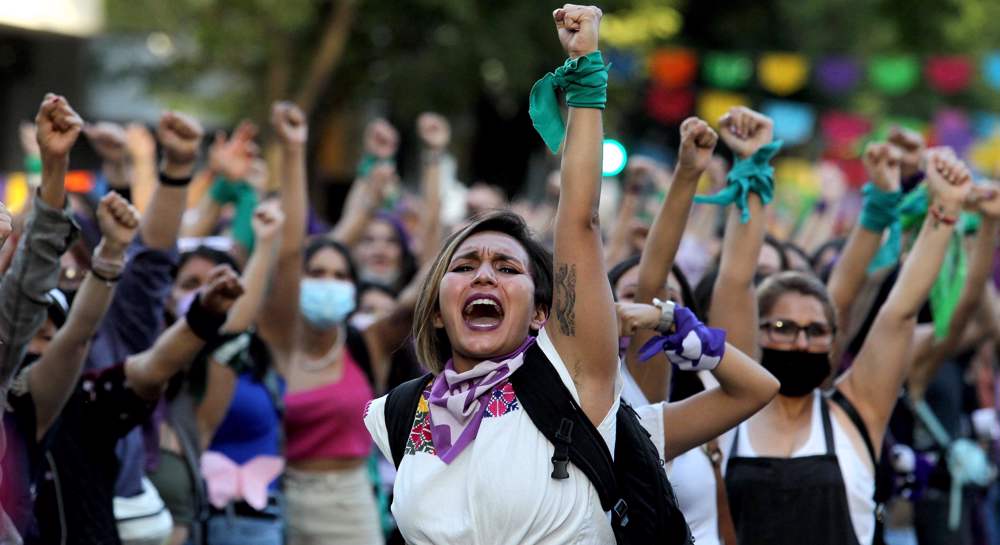
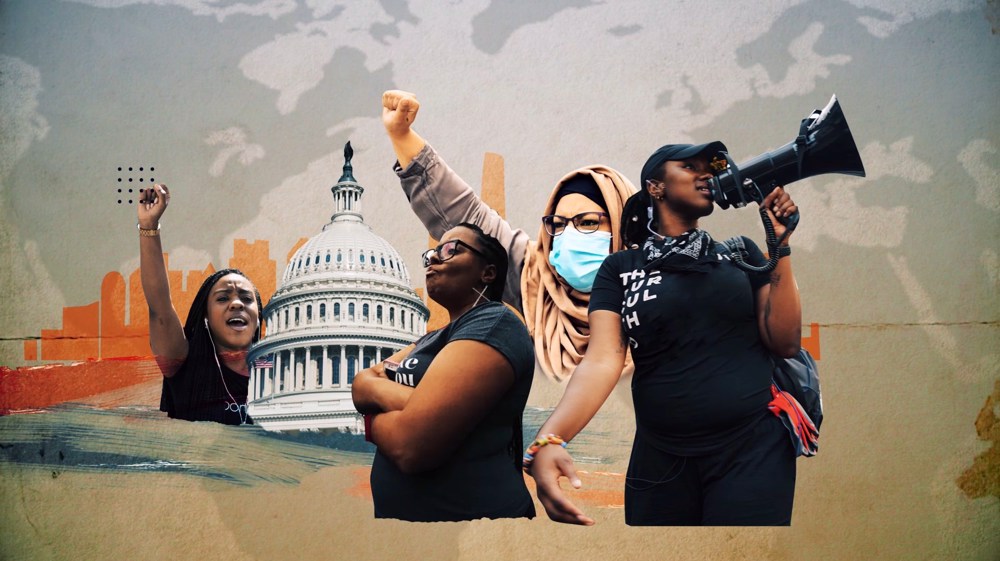
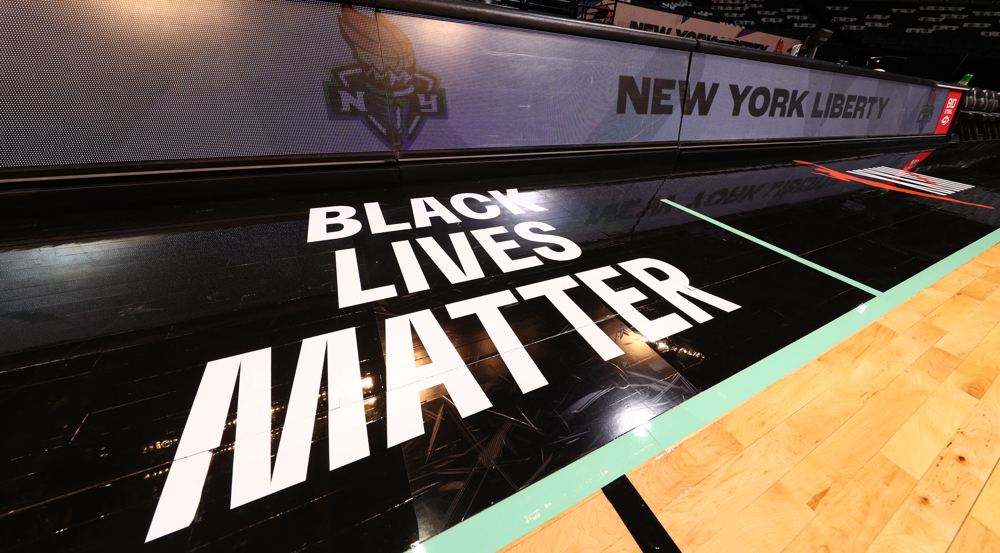
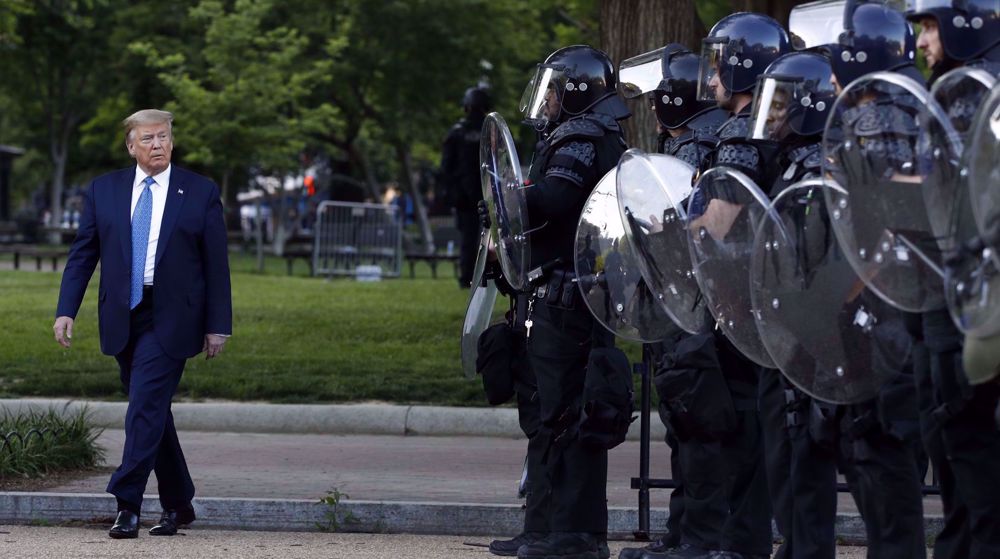
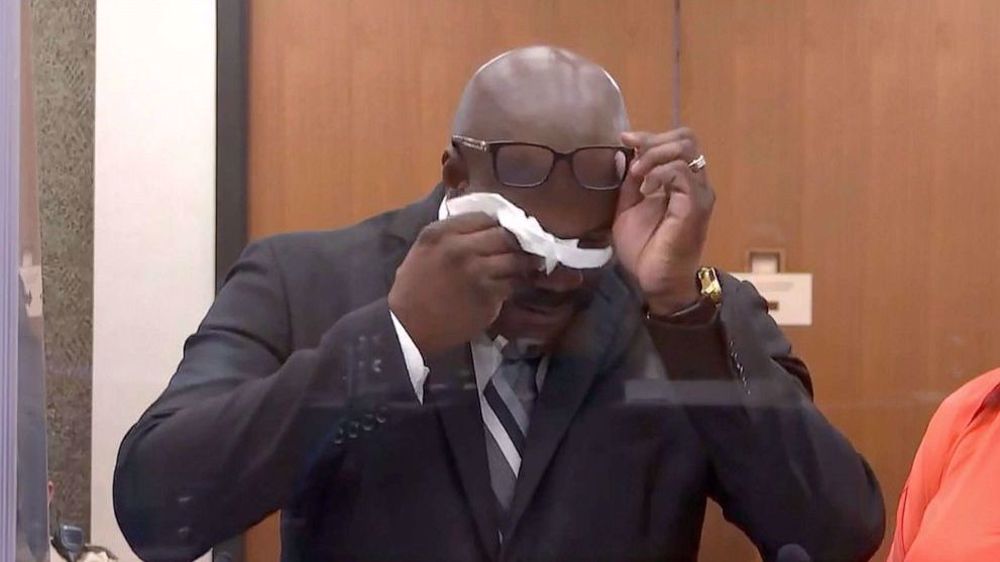
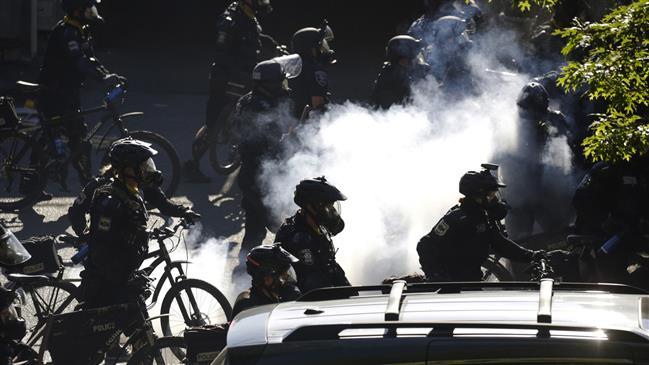
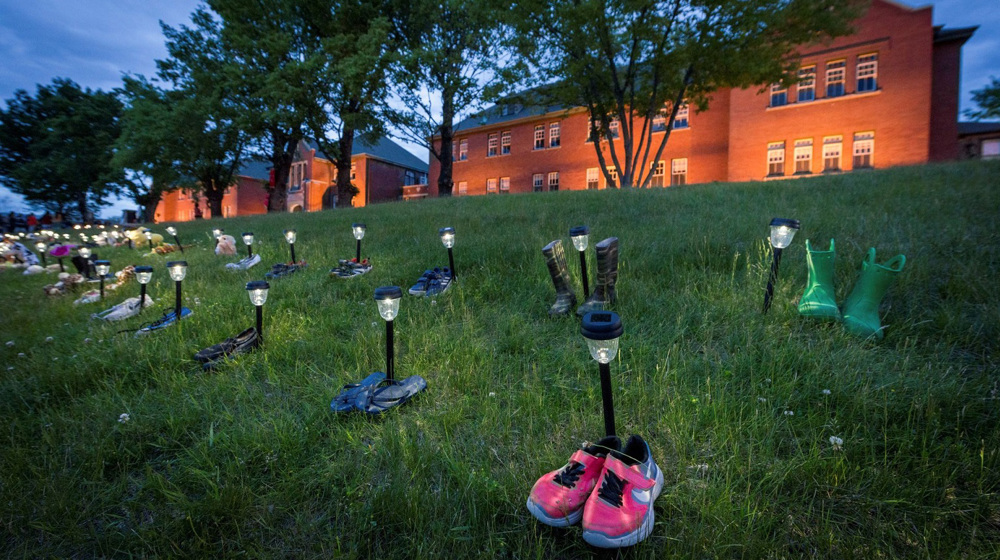

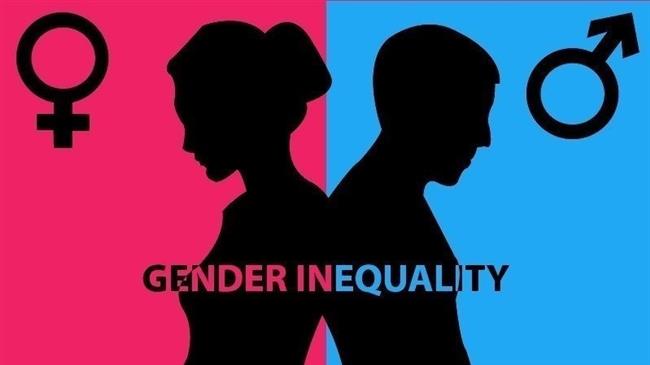
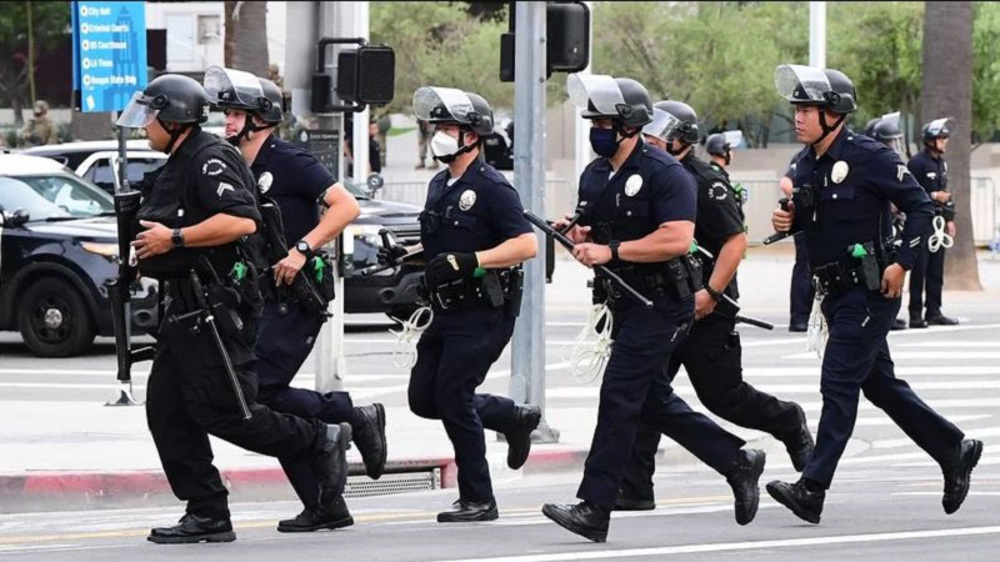
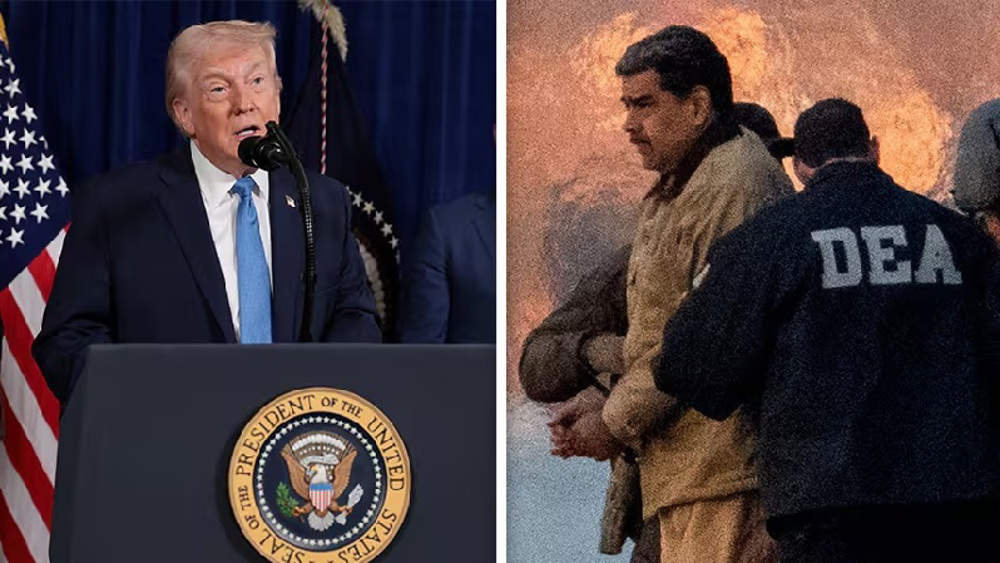

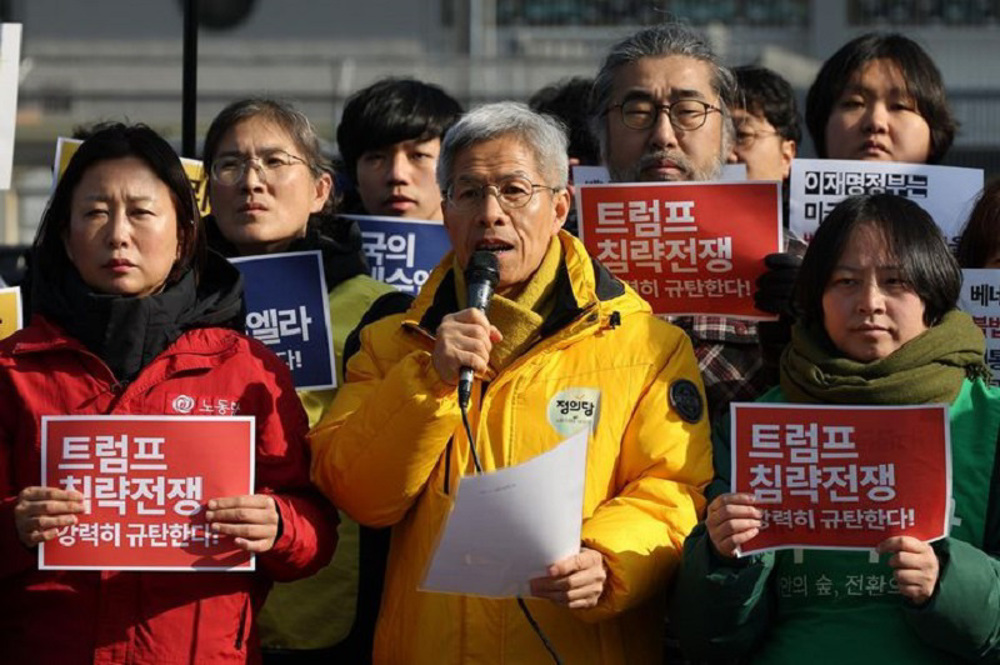



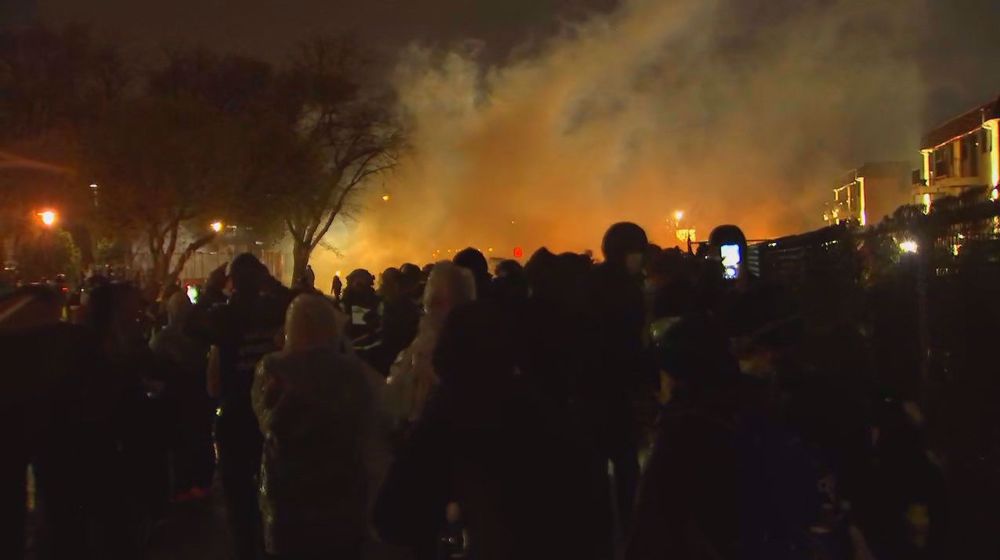
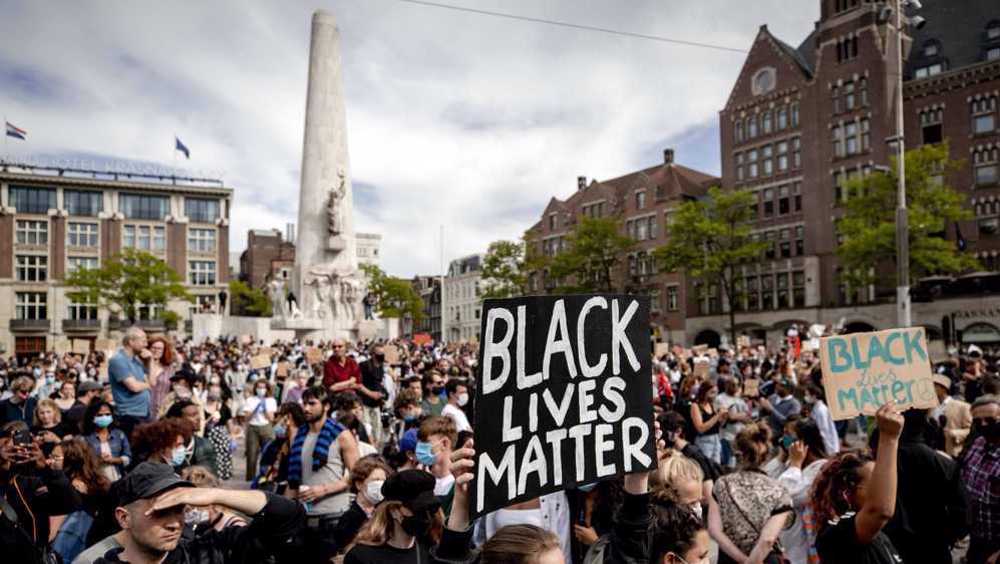

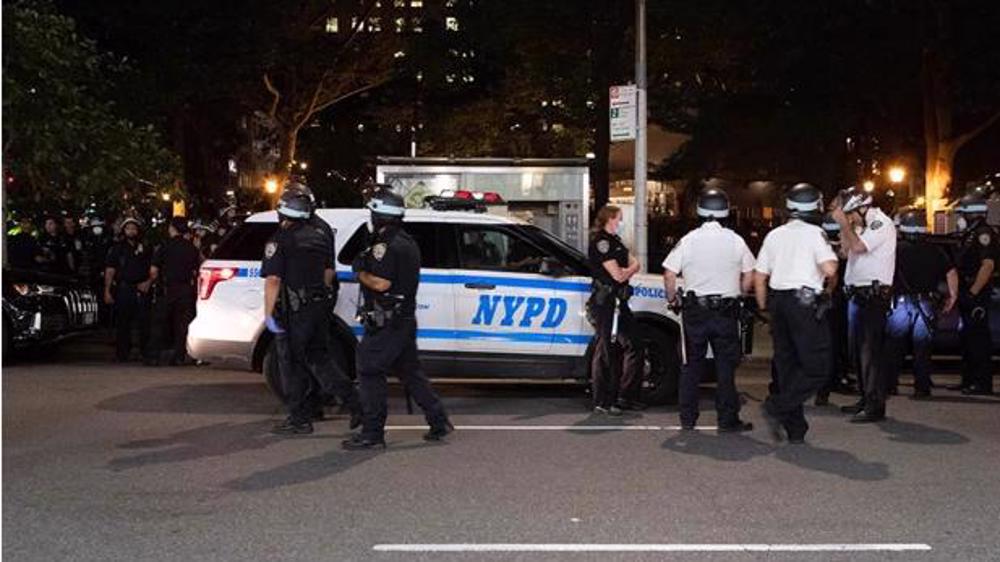
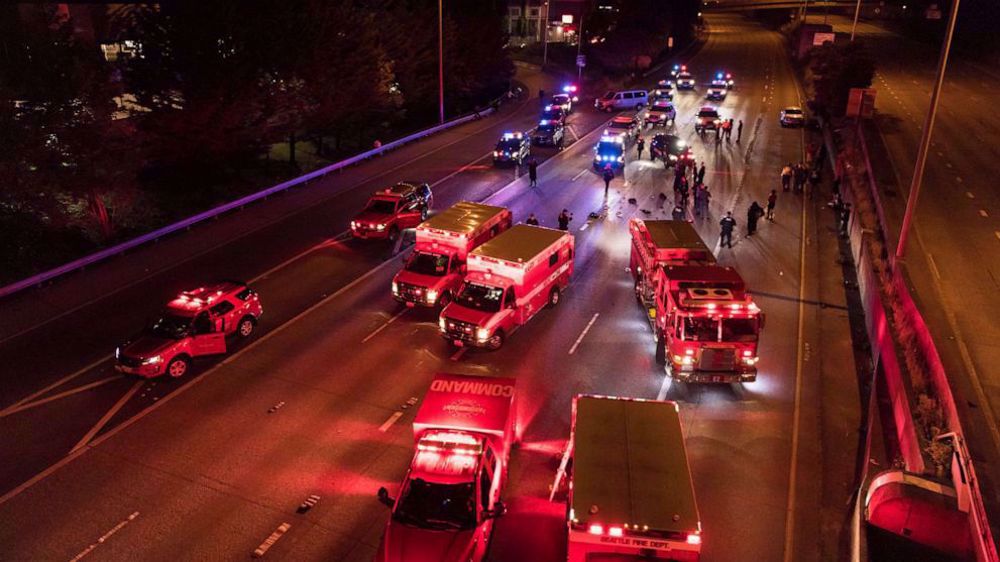
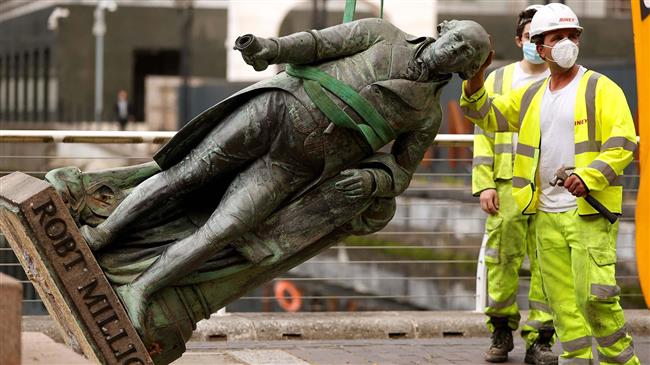

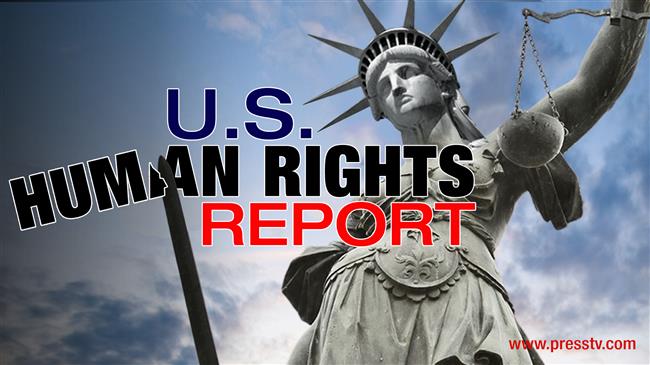

 This makes it easy to access the Press TV website
This makes it easy to access the Press TV website